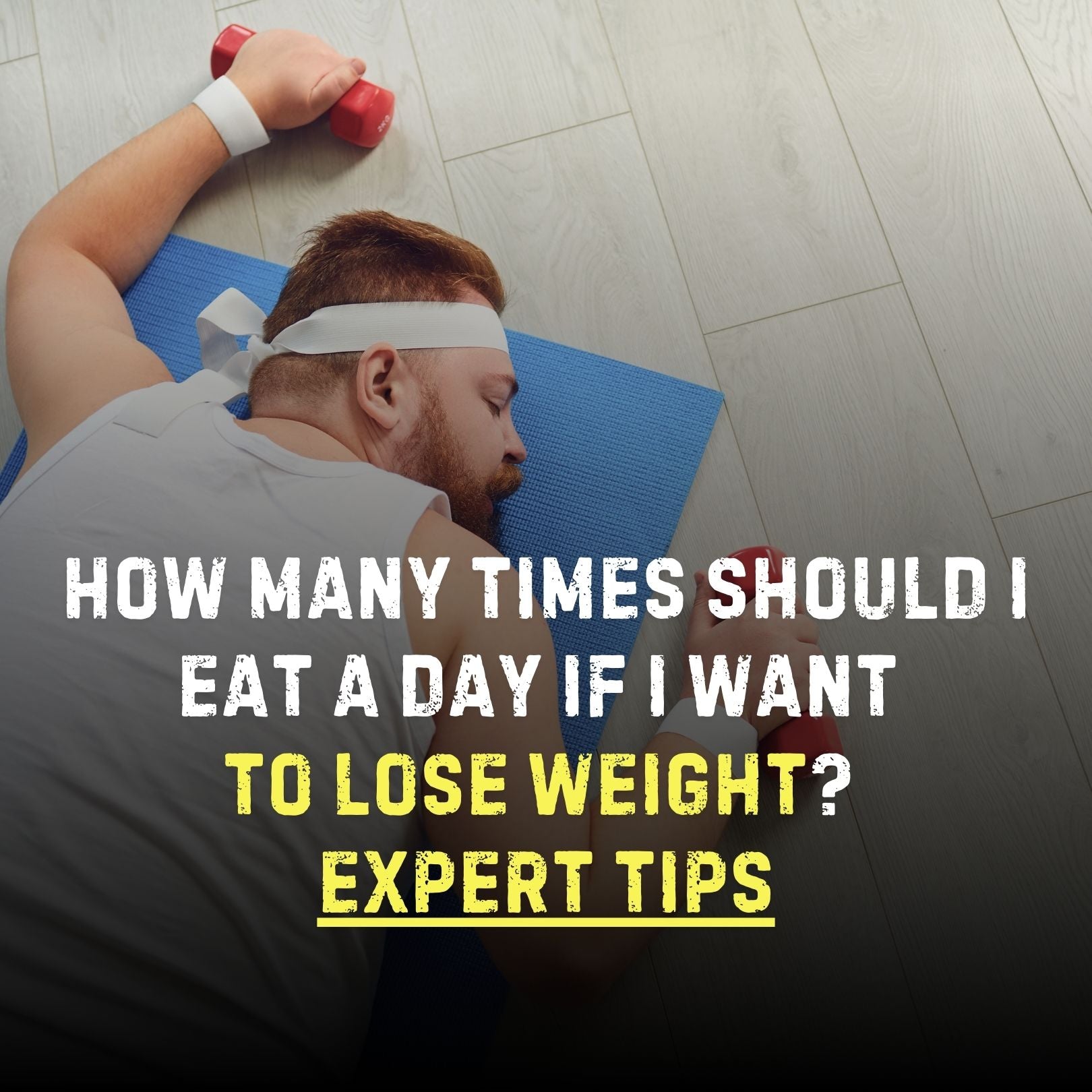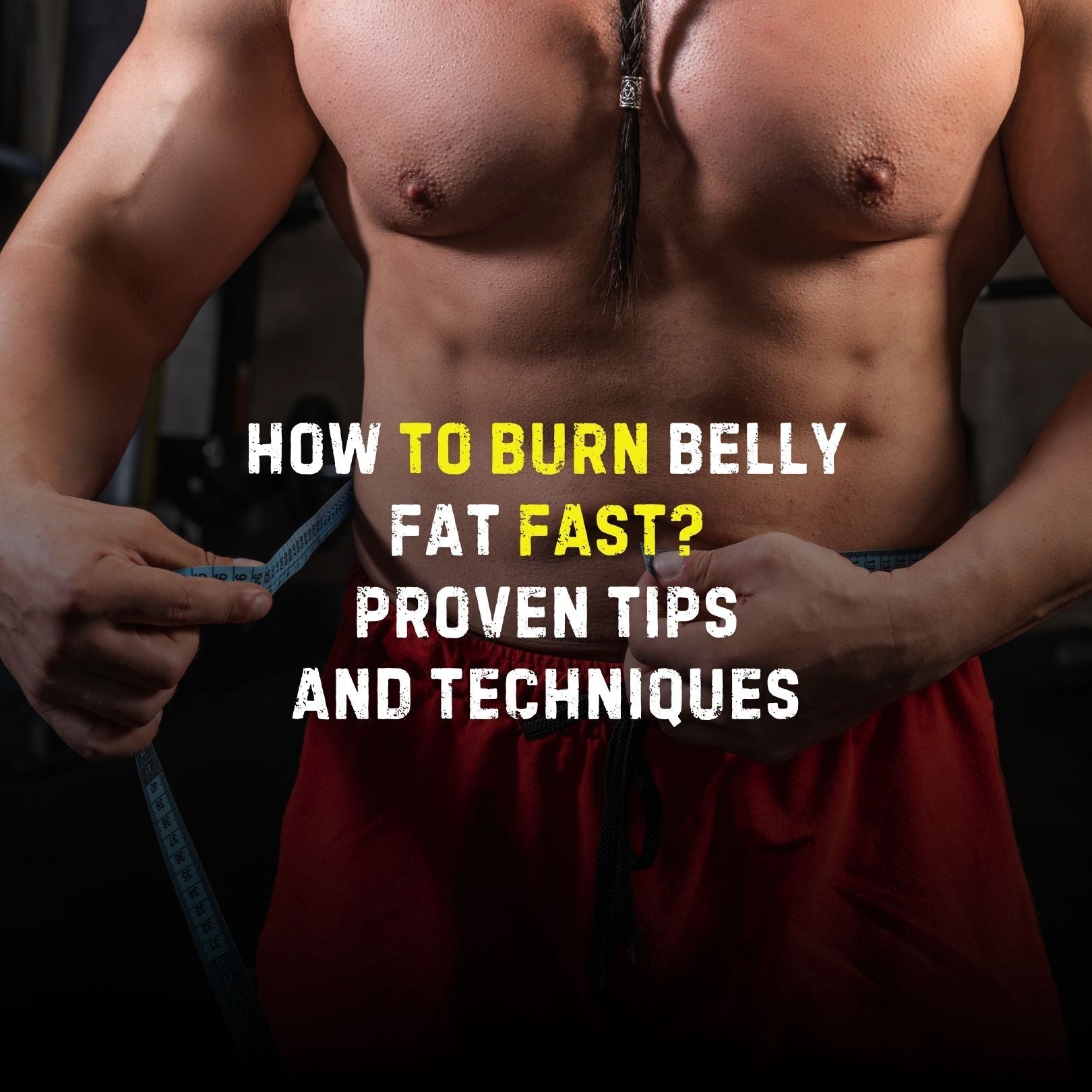
How Many Meals a Day for Weight Loss? Nutrition Simplified
Losing weight can feel overwhelming with all the conflicting diet advice out there. But one thing’s clear: how often you eat plays a big role in your success. Eating 3-5 times a day, including meals and snacks, keeps your metabolism humming, curbs hunger, and helps you avoid overeating. In this guide, we’ll break down the best meal frequency for weight loss, how to balance meals and snacks, and expert tips to help you hit your goals. Let’s get started!
Optimal Meal Frequency for Weight Loss
Figuring out how many times to eat daily to lose weight can be tricky. Should you stick to three meals or spread out smaller ones throughout the day? The key is finding a rhythm that works for your body. Eating three balanced meals with one or two healthy snacks can control hunger, reduce cravings, and keep your energy steady. This approach, often called meal timing for weight loss, helps you stay on track without feeling deprived.
Listening to your body’s hunger cues is crucial. Everyone’s different, so experiment with meal patterns to find what keeps you energized and satisfied. A solid plan might include a protein-packed breakfast, a nutrient-rich lunch, a light dinner, and snacks like a handful of almonds or an apple to keep you going.
Balancing Meals and Snacks
Eating three main meals with one or two small snacks is a game-changer for weight loss. This structure prevents impulsive eating and keeps hunger at bay. For example, a mid-morning snack like Iso Pro Whey Protein Isolate mixed into a smoothie can keep you focused until lunch. Nutrient-dense snacks like these support energy levels and reduce the temptation to grab unhealthy options.
Snacks should be purposeful—think whole foods or supplements like Elevate BCAA/EAAs to support muscle recovery and keep you full. By spacing out your meals and snacks every 3-4 hours, you’ll avoid the energy crashes that lead to overeating.

Credit: wholesome-lee.com
Impact on Metabolism
Your metabolism is the engine that burns calories, and eating frequency can rev it up or slow it down. Skipping meals, like breakfast, can make you feel sluggish and slow your metabolism, making weight loss harder. On the flip side, eating every 3-4 hours keeps your metabolism active and supports muscle mass, which is key for burning calories. For an extra boost, consider a pre-workout like Surge Pre-Workout to power through exercise and keep your metabolism firing.
Have you noticed how skipping meals affects your mood or energy? Try eating consistently and see how it impacts your weight loss journey. Small, frequent meals can make a big difference in how you feel and perform.
Caloric Intake Considerations
How much you eat is just as important as how often. Understanding your caloric needs and mastering portion control are critical for losing weight without feeling starved.
Understanding Calorie Needs
Your Basal Metabolic Rate (BMR) is the number of calories your body needs to function at rest. Factors like age, gender, and activity level affect your BMR. Use an online calculator or consult a nutritionist to find your baseline. From there, create a moderate calorie deficit—enough to lose weight but not so much that you’re constantly hungry. Supplements like Alpha Test Booster can support your efforts by boosting metabolism and curbing appetite.
Portion Control Strategies
Portion control is a powerful tool for managing calories. Use smaller plates to make portions look bigger, and measure your food to understand serving sizes. Be mindful of calorie-dense foods like nuts or oils—even healthy ones add up fast. Eating slowly and paying attention to hunger cues can prevent overeating. Pair your meals with Lytes to stay hydrated and support electrolyte balance, which can help you feel satisfied with smaller portions.
What’s your go-to portion control trick? Share in the comments—it might inspire someone else!
Timing and Meal Planning
When you eat can be just as important as what you eat. Proper meal timing and planning can keep your metabolism active, reduce cravings, and make weight loss easier.
Benefits of Scheduled Eating
Eating on a schedule trains your body to expect food at certain times, improving calorie-burning efficiency. Planning meals ahead reduces stress and prevents impulsive choices. Knowing you’ve got a healthy lunch coming up makes it easier to skip the office donuts. For an extra edge, try Shred to support fat loss while sticking to your meal plan.
Breakfast’s Role in Weight Loss
Breakfast jump-starts your metabolism and sets the tone for the day. A balanced breakfast with protein and fiber—like oatmeal with nuts or eggs with spinach—keeps you full and focused. Skipping breakfast often leads to overeating later, so don’t skip it! A protein shake with Iso Pro Whey Protein Isolate is a quick, nutrient-packed option for busy mornings.
Does a good breakfast change your day? Try it and see how it impacts your energy and cravings.

Credit: naturalforce.com
Nutrient-Dense Food Choices
Choosing nutrient-dense foods is a cornerstone of weight loss. These foods pack vitamins, minerals, and fiber with fewer calories, keeping you full and satisfied.
Selecting Whole Foods
Whole foods like fruits, veggies, whole grains, and lean proteins are your best bet. They’re rich in nutrients and fiber, which help you feel full longer. Swap processed snacks for whole food options or a supplement like Elevate BCAA/EAAs to support muscle health and recovery.
Avoiding Empty Calories
Empty calories from sugary drinks, fast food, and snacks add up without filling you up. Cut back on these and focus on nutrient-rich options. Swap soda for water or a homemade smoothie with Lytes to stay hydrated and keep cravings in check.
Expert Tips for Success
Losing weight isn’t just about food—it’s about listening to your body and staying consistent. These expert tips will help you stay on track.
Listening to Hunger Cues
Learn to tell the difference between true hunger and cravings. Keep a food journal to track when and why you eat. If you’re reaching for snacks out of habit, pause and check in with your body. Are you really hungry, or just bored? This habit can transform your relationship with food.
Staying Hydrated
Drinking water can curb hunger and keep you energized. Sometimes thirst feels like hunger, so sip water before reaching for a snack. Carry a water bottle and aim to drink before meals. Adding Lytes can help maintain electrolyte balance, especially if you’re active.
Try drinking a glass of water next time you’re tempted to snack—it might just do the trick!
Frequently Asked Questions
How Many Times Should I Eat a Day to Lose Weight?
Eat 3 balanced meals and 1-2 healthy snacks daily. Focus on portion control and nutrient-rich foods like Iso Pro Whey Protein Isolate. Listen to your body’s hunger cues to find the best daily meal frequency for weight loss. This approach keeps your metabolism active and supports sustainable weight loss.
Should I Eat 2 Meals a Day to Lose Weight?
Eating two meals a day can work if you maintain a calorie deficit and meet nutritional needs. Pair with nutrient-dense options like Elevate BCAA/EAAs for muscle support. Always consult a professional to ensure this fits your lifestyle.
What Times of Day Should I Eat to Lose Weight?
Eat breakfast within an hour of waking, lunch around noon, and dinner before 7 PM to optimize digestion and metabolism. Include snacks with Lytes to stay hydrated. Proper meal timing for weight loss helps manage hunger and supports your goals.
How Many Times a Day Should I Eat to Lose Belly Fat?
Eat 3 balanced meals and 1-2 snacks daily, focusing on portion control and nutrient-dense foods. Supplements like Alpha Extreme can support belly fat loss meal plans by boosting metabolism.
Is Eating 5 Times a Day Good for Weight Loss?
Eating 5 small meals can control hunger and maintain energy. Include nutrient-packed options like Shred to enhance fat loss. This frequent meal plan for weight loss works well for many.
Should I Skip Meals to Lose Weight?
Skipping meals isn’t recommended—it can slow your metabolism and lead to overeating. Stick to regular meals with supplements like Surge Pre-Workout for energy.
Can Eating More Frequently Boost Metabolism?
Yes, small, frequent meals can keep your metabolism active. Pair with Alpha Extreme for an extra metabolism-boosting meal plan advantage.
Conclusion
Finding the right eating schedule is key to losing weight. Stick to 3-5 balanced meals and snacks daily, listen to your hunger cues, and stay hydrated with Lytes. Avoid skipping meals, focus on nutrient-dense foods, and track your progress. For an extra boost, try our Fat Burning Stack, including Iso Pro Whey Protein Isolate, Elevate BCAA/EAAs, Surge Pre-Workout, Alpha Extreme, and Shred. Stay consistent, be patient, and consult a nutritionist if needed. Your weight loss journey is unique—own it!






Leave a comment
This site is protected by hCaptcha and the hCaptcha Privacy Policy and Terms of Service apply.